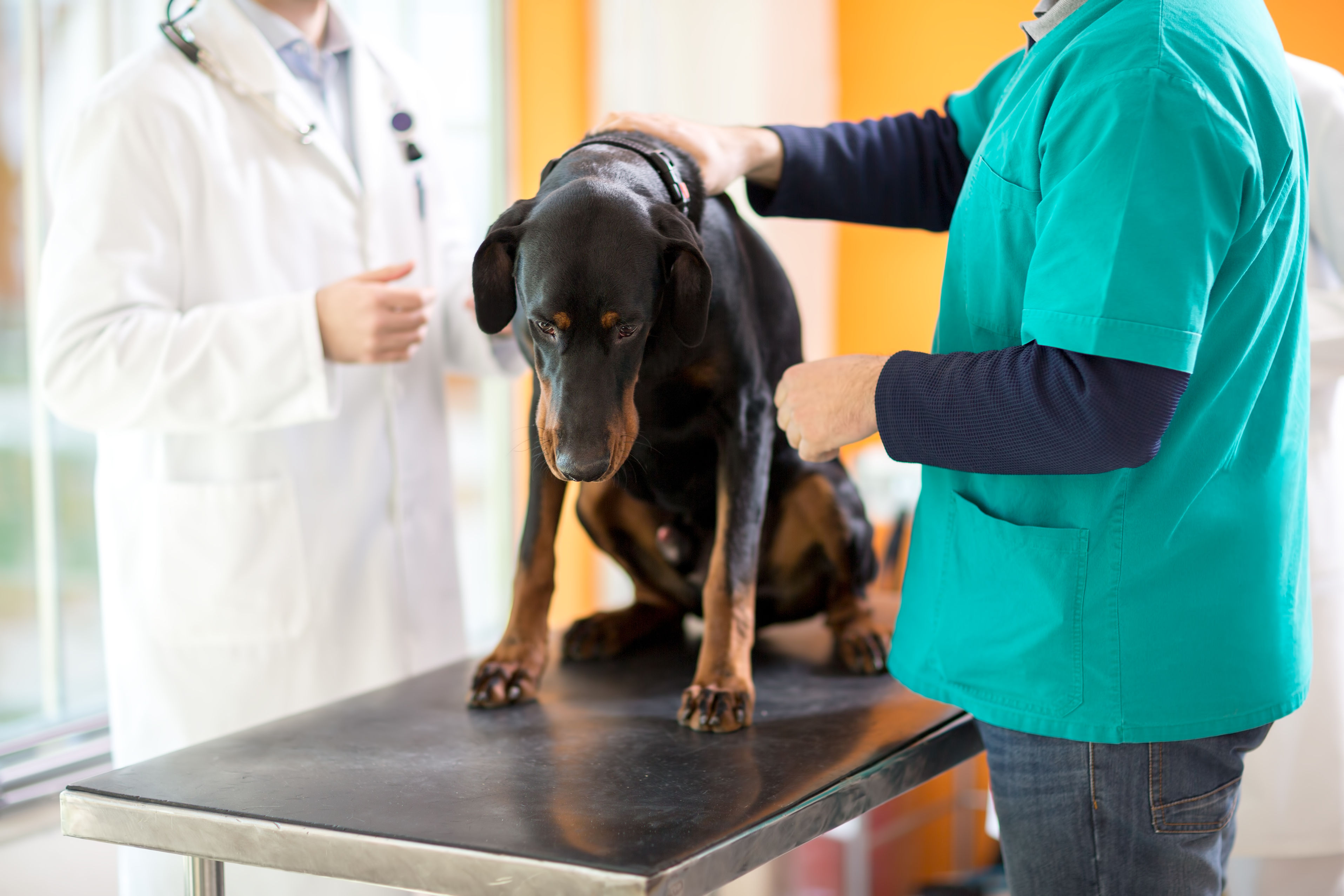You may think of vets in Durham as professionals who simply examine animals for illnesses, bandage up wounds and provide the necessary vaccinations. Although these services are carried out on a daily basis by workers in this industry, there is a lot more to the job role than you might think. Committed to caring for animals, a qualified vet will be able to assist with a broad range of procedures which in some cases, could save the life of your four-legged friend. Take a look at the following common procedures and consider booking an appointment to boost your pet’s health year after year.
Blood Tests
The overall health of an animal can be examined quickly with a blood test, which is otherwise known as a complete blood count. It’s not just the white blood level cells that will be checked at this stage but also, blood and cancer infection parasites, and signs of anemia. When an infection is present, white blood cells will multiply at a rapid rate in the body, therefore vets in Durham won’t be able to ignore an illness. Blood tests will confirm or deny parasites in the blood, too.
Fecal Examinations
It may not be the most pleasant job for vets in Durham, but excrement examinations are very important because when a sample of the animal’s stool is inspected, diagnostic testing can then commence. This type of testing will be conducted under microscopic conditions. If any bacteria, internal parasites or worms are found in the pet’s stools, the correct type of treatment will be given to the animal for conditions like roundworm, whipworm and heartworm.
Urine Samples
You may have heard vets in Durham refer to urine samples as urinalysis. Slide smears are an essential piece of equipment for this job, because the urine will be spread on these smears, before crystals, the blood cell count and bacteria are all looked at by the professional. An infection will be clear if the urine sample has a lot of white blood cells in it. Does your pet look as though he or she is in pain when urinating? If so, there’s a chance crystal-like formations will be present in the sample. An infection or inflammation of the kidneys or bladder will likely be treated with antibiotics.
An on-site laboratory is snuggled inside the Ashfield Veterinary Surgery facility, and the vets in Durham are committed to caring. To find out what services are available for farm animals and domestic pets, visit them online.


